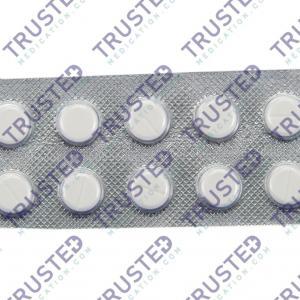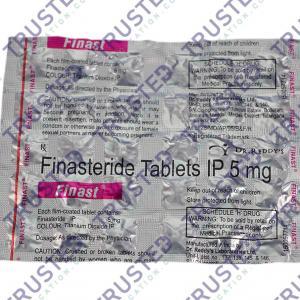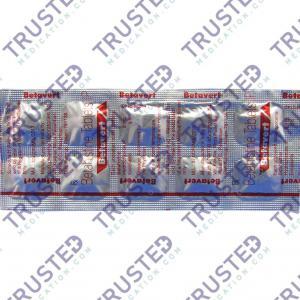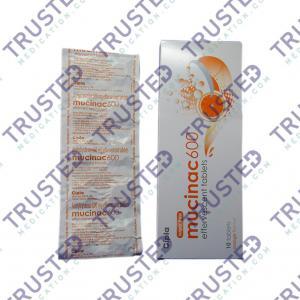
Prostatitis is swelling and inflammation of the prostate gland, a walnut-sized gland situated directly below the bladder in men. The prostate gland produces fluid that nourishes and transports sperm. Prostatitis often causes painful or difficult urination. The condition has several causes. If prostatitis is caused by a bacterial infection, it can usually be treated with antibiotics.

What are the Symptoms of Prostatitis?
- Pain or burning sensation when urinating
- Trouble in passing urine or hesitant urination
- Frequent urination at night
- Urgent need to urinate
- Cloudy urine and blood in the urine
- Abdominal pain or pain in the groin or lower back
- Pain in the area between the scrotum and rectum
- Pain or discomfort of the penis or testicles
- Flu-like symptoms with bacterial prostatitis
- Painful ejaculation
Acute bacterial prostatitis is often caused by common strains of bacteria. Urine bacteria can get into the prostate and cause an infection.
How Common is Prostatitis?
Half of all men have symptoms of prostatitis at some point in their lives. It is the most common urinary tract issue in men younger than 50 and, the third most common urinary tract issue in men older than 50. The symptoms of prostatitis are seen by more than two million men every year.
What are the Types of Prostatitis?
- Acute bacterial prostatitis category 1. A UTI causes an infection in the prostate gland. You may experience painful and frequent urination or have trouble urinating.
- Chronic bacterial prostatitis category 2. The bacteria become trapped in the prostate gland, causing recurrent UTIs that are difficult to treat.
- Chronic pelvic pain syndrome. It is the most common prostatitis type. This type causes chronic pain in the pelvis, perineum, and genitals.
- Asymptomatic inflammatory prostatitis. It causes inflammation in the prostate gland but does not show any symptoms. You may learn you have this condition after getting tests to find the cause of other problems.

How to Diagnose Prostatitis?
- Digital rectal exam. It checks the prostate gland for pain and swelling. This exam may include a prostate massage to collect a sample of seminal fluid.
- Urinalysis. A urinalysis and urine culture check for bacteria and UTIs.
- Blood test. It measures PSA, a protein made by the prostate gland. High levels may indicate prostatitis, BPH, or prostate cancer.
- Cystoscopy. It determines other urinary tract problems but does not diagnose prostatitis.
- Transrectal ultrasound. It determines prostate gland abnormalities, abscesses, or stones.
Treatment for Prostatitis
After assessing and diagnosing the symptoms, your doctor may recommend bladder and prostate medications. Other medications for prostatitis may include:
- Antibiotics. If a bacterial infection is causing symptoms, your doctor may recommend antibiotics.
- Alpha-blockers. It relaxes parts of your urinary tract and reduces obstruction from an enlarged prostate.
- Nonsteroidal anti-inflammatory drugs. Over-the-counter pain relief can help ease any soreness and swelling.







